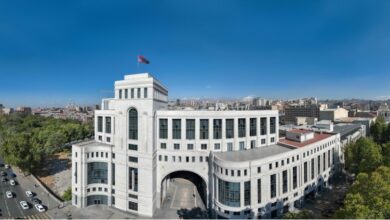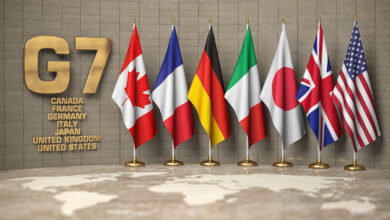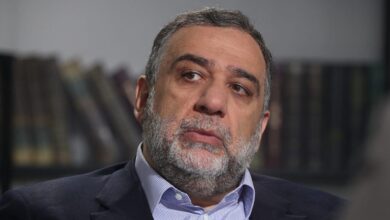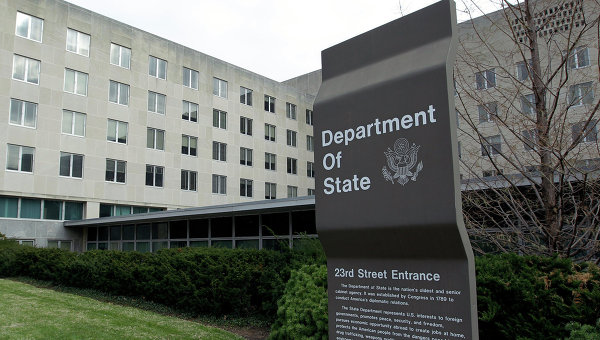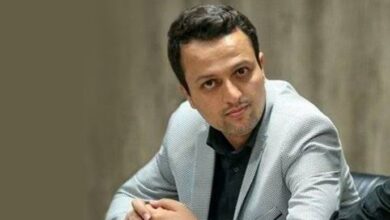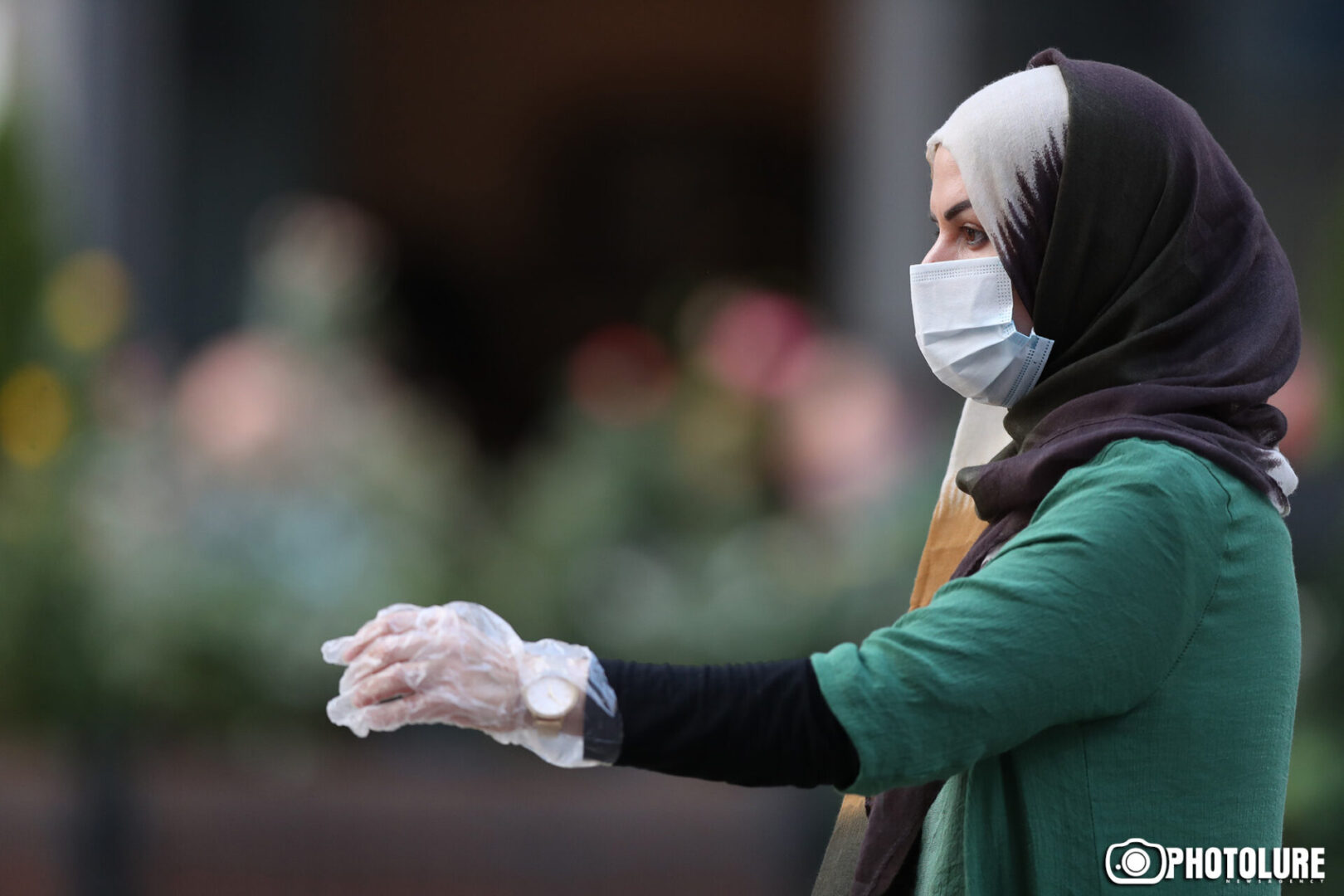
WHO has turned to digital platforms to ensure that, despite travel restrictions, countries in the European Region continue to benefit from timely and tailored support to respond to COVID-19. WHO/Europe’s mission to Armenia is the first to take place virtually and follows approximately 60 COVID-19-related missions over the past two months to countries in the Region.
Experts from WHO/Europe, alongside the Robert Koch Institute, worked with Armenian health authorities on assessing the COVID-19 situation and offered advice on the strategy for easing COVID-19 measures. As part of this effort, 400 participants worked together in a virtual space over the course of two weeks.
Recommendations from the support mission for the transition phase
Armenian health authorities have established systems to contain COVID-19 transmission in the country. They focus on identifying, testing, isolating and treating cases, as well as tracing and quarantining contacts.
“Recommendations highlight the importance of ensuring that the country can cope with a possible resurgence of cases once COVID-19 measures are eased”, says Adrienne Rashford, Team Lead for Emergency Preparedness and Readiness with the Health Emergencies Programme. “Restrictions should be shifted one at a time, allowing time in between to evaluate the impact of shifting each measure”.
Consideration should be given to ensuring that the risk of virus spread is minimized, especially in high-vulnerability settings such as long-term care facilities. Workplaces should take preventive steps by encouraging physical distancing and providing adequate handwashing facilities. The team also noted the need to manage the risk of exporting and importing cases from communities with high risk of transmission.
Communication is crucial during the transition. Timely information needs to reach communities to engage and inform them about the active role they play. Follow-up suggestions include adopting an updated risk communication and community engagement plan to help combat public fatigue and to convey key messages, particularly around the transition.
Knowledge transfer
Nine virtual sessions ran in thematic groups, with health personnel and technical partners willing to adapt and work through logistical challenges. Due to travel restrictions imposed in the wake of COVID-19, experts can no longer travel to countries to advise on public health, so they have embraced new ways of working.
“It’s not just any other meeting, it’s an exercise that takes the place of a field visit to the country to provide in-depth technical advice so you need to make sure both sides have good internet access as well as proper back-up support with simultaneous interpreters and a dedicated amount of time,” notes Partnerships Officer at WHO Europe, Dr Oleg Storozhenko.
Benefits to this style of working include no need for participants to wear personal protective equipment or, indeed, to travel to another country, as would usually be required by a mission or team of WHO experts supporting national authorities during a public health crisis. Dr Storozhenko highlights the response to this online WHO initiative as a great example of solidarity and goodwill.
Although this is the first remotely conducted technical WHO mission, the idea itself has been in the pipeline for some time. Those involved trust that their methods will also serve as a model for future country missions, highlighting best online practices whilst facilitating efficient knowledge transfer between WHO Europe and countries, both during and after COVID-19.


